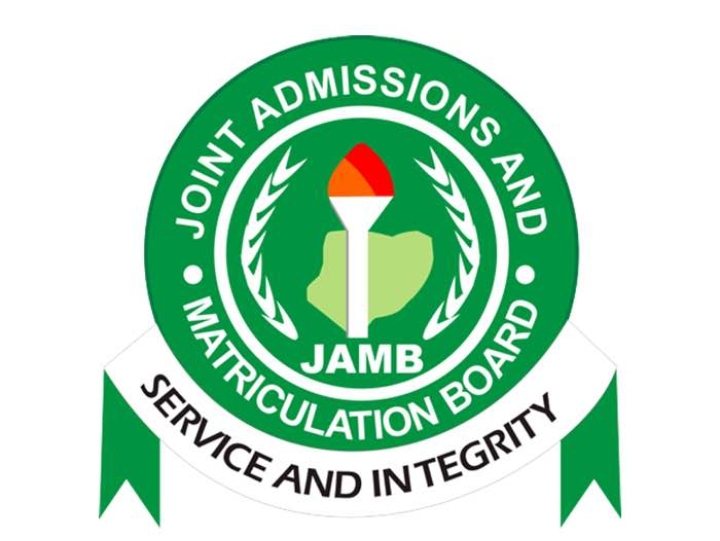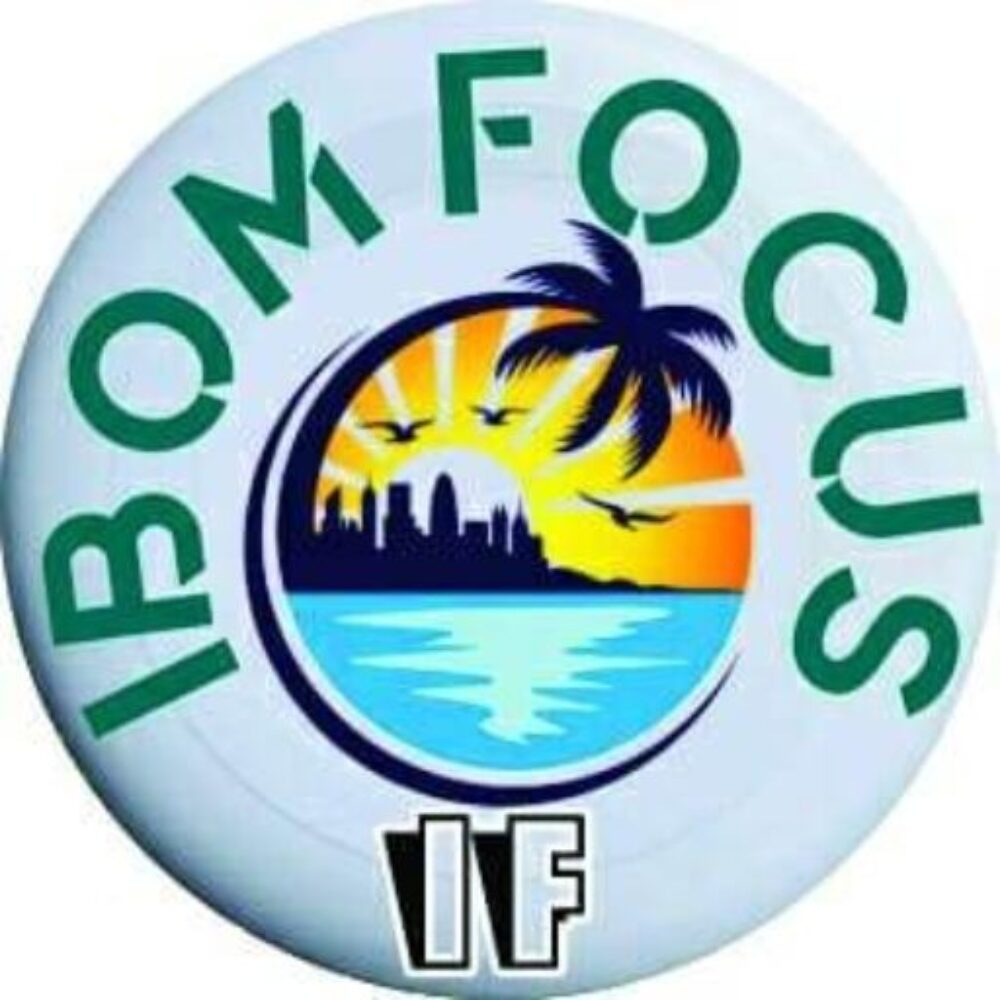
JAMB Speaks On Cut-off Mark, Tells Universities, Others What To Do
The Joint Admissions and Matriculation Board (JAMB) is set for the 2024 Policy Meeting on admissions into tertiary institutions in Nigeria, the board has clarified the controversy over whose responsibility it is to set the minimum entry scores, commonly known as cut-off marks, for admissions into tertiary institutions.
The board has stated emphatically that only individual institutions set their minimum entry scores based on their peculiarities and not JAMB as erroneously believed by the public.
The leadership of the Academic Staff Union of Universities (ASUU), particularly has accused JAMB of usurping the powers of the Senate of universities to select candidates for admissions into their institutions.
However, JAMB’s position in a write-up obtained by the Nigerian Tribune, in Abuja, explained that individual institutions set their benchmarks, which are usually ratified by stakeholders at the annual admission policy meeting, which is held few weeks after the conduct of the year’s Unified Tertiary Matriculation Examination (UTME).
The board has already announced that the Policy Meeting on Admissions into tertiary institutions in Nigeria for 2024 will hold on Friday, July 18.
Spokesperson of JAMB, Dr Fabian Benjamin, confirmed that the meeting, which is to be chaired by the Minister of Education, Professor Tahir Mamman, will have other stakeholders in the education sector in attendance.
According to him, stakeholders include heads of regulatory agencies such as the National University Commission (NUC), National Board for Technical Education (NBTE), National Council for Colleges of Education (NCCE), heads of tertiary institutions in the country, and the National Youth Service Corps (NYSC), among others.
According to the write-up “the policy meeting on admissions sets the tone for any particular year’s admission exercise, formulation of admission guidelines. It also presents application statistics, candidates’ performance evaluation, as well as setting the acceptable minimum admissions standards for all tertiary institutions across Nigeria for the given year.
“During the exercise, the Registrar will present reports on the just-concluded Unified Tertiary Matriculation Examination (UTME) and the ongoing Direct Entry (DE) applications while also analysing key performance indicators that could shape the policy directions of the government in the area of admission.
“Also, the meeting would apprise stakeholders of the salient issues that cropped up in the course of the previous year’s admission exercise. In addition, the policy meeting would look at the performance of candidates in the current year’s UTME in order to determine the year’s minimum admissible score.
“Stakeholders had in the previous year agreed on the minimum admission requirement for admission into universities, polytechnics and colleges of education.
“Furthermore, the meeting would determine the year’s admission requirements while kick-starting the admission process for the current year; discuss unresolved issues emanating from the previous academic year; and, at the same time, appraise the compliance of stakeholders with extant advisories and suggesting further amendments where necessary,” it stated.
While making further clarifications, JAMB in the write-up entitled: “Does JAMB Decide ‘Cut-off’ Mark?” the board said there was nothing like a uniform minimum national UTME score for any of the tiers of tertiary institutions or does JAMB decide any such requirement for any institution.
The board insisted that it does not and has never determined any uniform national UTME scores otherwise known as “cut-off ” mark by the general public, for any tertiary institution because, in actual sense, there are no uniform national UTME scores.
It said the lucid process of admission which some sections of the public occasionally expound is the exact process being followed in the conduct of admission exercise to tertiary institutions in the country.
According to the board, before the admissions policy meeting is held all the institutions were required to forward their minimum entry scores to JAMB.
For instance, some universities set their cut-off mark at 160, others 180 and some 200, depending on the programmes. Polytechnics and College of Education usually set theirs lower than the universities and once they are ratified at the admission policy meeting, the JAMB, which serves as a clearing house would not allow any institution to admit any candidate with lower score than the approved minimum entry point set by that same institution.
The JAMB document read in part: “This process has even been improved upon with the elimination of human interference through its full automation with the introduction of the Central Admissions Processing System (CAPS).
“For the purpose of emphasis, the board conducts the UTME and hands over the results to institutions for the conduct of admissions. However, before the admission exercise commences a policy meeting is held with all the Heads of the institutions in attendance and chaired by the Hon. Minister of Education.
“At this meeting, the admission guidelines, which include recommendations from individual institutions and their preferred minimum admission scores, are presented and deliberated upon at the meeting and not JAMB as erroneously portrayed by some section of the public, because JAMB is only a member out of over a thousand participants at the meeting.
“Prior to the meeting, for instance, more than 50% of the universities would have submitted their minimum scores of 200 and above to the board for presentation to the meeting for the purpose of deliberation. The same applied for the other tiers of tertiary institutions. The implication of this process is that no institution would be able to admit any candidate with any score below what they had submitted as their minimum score,” it stated.
The board further stated, “perhaps, it is also apt to address the series of misconceptions as to what is generally described as ‘uniform minimum national UTME score’ for admission into tertiary institutions in Nigeria entails.
“For some time now, many candidates and some members of the general public have been under the erroneous impression that there is a minimum national UTME score set by the Board, which they also refer to as “cut-off point”.
“The truth is that there is nothing like a national minimum UTME score for all Universities, Polytechnics or Colleges of Education in Nigeria as it is only individual institutions which set their minimum entry scores based on their peculiarities.
“The Board has no role whatsoever in the decision of the institutions to determine how or with what criteria they want to admit. The role of the Board is to ensure that the goalpost is not shifted in the middle of the game. Furthermore, in most cases, the UTME score is not the sole determinant of placement of candidates into tertiary institutions.
“As such, the undue attention to the so-called national minimum UTME score (UTME cut-off point) is a major conception of many ill-informed candidates who assumed that they have finally attained the benchmark having achieved the so- called minimum national score or “cut-off point’ for admission.
“It is, therefore, a double jeopardy for many candidates who subscribed to the popular myth of a uniform UTME score (cut-off) for all Universities, Polytechnics or Colleges of Education in Nigeria.
“The myth also incorporates the erroneous impression that it is only the UTME score that constitutes the benchmark for admission. This is far from the truth. Hence, such candidates on attainment of particular grades in the UTME celebrate in advance of their imminent placement in their institutions of choice, which in reality may not come to pass at the end of the day.
“The board, therefore, for the umpteenth time, is stating unequivocally that there is no uniform minimum UTME score (cut off) for all Universities, Polytechnics or Colleges of Education in Nigeria because each institution determines and submits to JAMB its minimum UTME score after analysing the UTME scores of its applicants against its available quota.
“It should, therefore, be noted that decisions at the annual Policy Meeting on Admission does not reduce this minimum prescriptions emanating from the institutions except in the few situations where these institutions had submitted minimum UTME scores that fall below what the Policy Meeting considers as the acceptable minimum score.
“It should, therefore, be noted that UTME score is just one of the two or three scores that are generally cumulated to obtain the eventual aggregate score and ranking of the candidates by most institutions. Other parameters are Post- UTME/Post-A/L qualifications screening test score; O/L grade score; and in some cases, physical test (such as applicable in the Nigerian Defence Academy/Police Academy).Therefore, it is the score from all these segments that are added together to have an eventual ranking table”.






